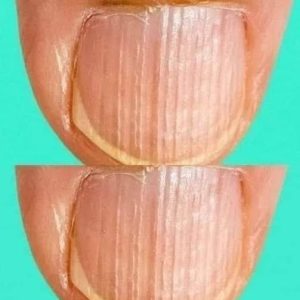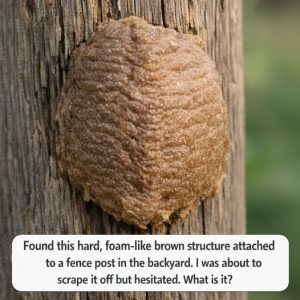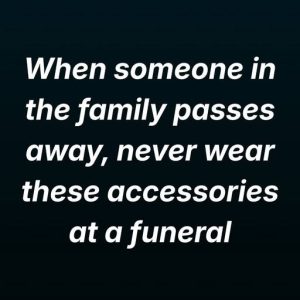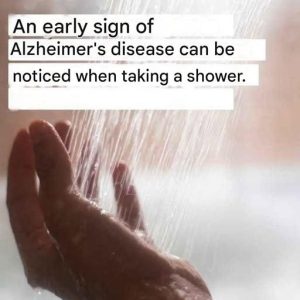The first time I saw him, he was asleep outside a laundromat, curled up on a torn mat with a small, orange cat stretched across his chest. Even in rest, he looked worn by life — duct-taped shoes, a trash bag as a backpack. I didn’t know their names then, but I started bringing them food from the café where I worked. He never asked for anything, always made sure the cat ate first, and always thanked me.
Eventually, I sat beside him and asked the cat’s name. “Hazel,” he said, gently stroking her. “She chose me.” That moment opened the door to his story — about loss, loneliness, and why he stayed on the street: because Hazel wasn’t allowed in shelters. “She’s my reason,” he said. “If she’s okay, I’m okay.”
Then they disappeared. For days, the laundromat corner was empty. I found Hazel alone by a bus stop, thinner but unmistakably her. She walked to me like she remembered. I took her home, made her a bed, and started searching — shelters, hospitals, anywhere. No one knew where he was. Hazel was microchipped, but the record led nowhere.
Weeks later, a regular named June recognized Hazel and told me his name: Martin. She’d heard he’d collapsed and was taken to County General. I called, described him, and they found him — unconscious, with no ID, in a coma. I visited and told him Hazel was safe. When he woke up days later, his first word was her name.
Hazel stayed by his side in the hospital. With help from a charity, Martin moved into a small studio that allowed pets. He called it more than he ever thought he’d have again. Hazel settled in instantly, and I remained part of their circle, now more than ever.
Martin reconnected with his niece after years of estrangement, thanks to a shared photo of Hazel. Now he volunteers at a shelter that changed its pet policy because of his story. Hazel remains his constant — his heart. And I still bring muffins. Because sometimes, love starts with something as small as a sandwich and grows into something that saves two lives.



